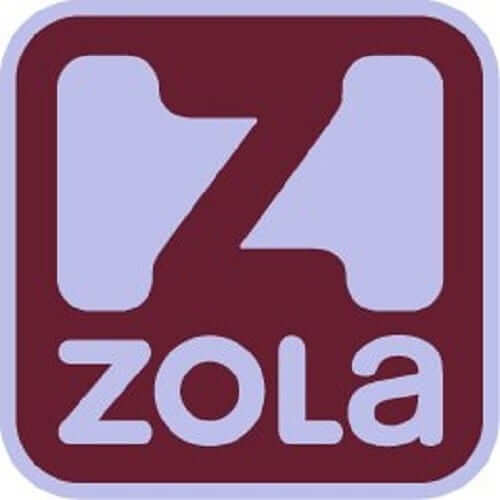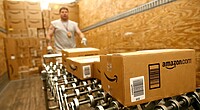
It’s a tough time to be selling ebooks if you’re not Amazon. That’s why two fairly recent startups, ebook seller and social media platform Zola Books and Big Three book discovery brainchild Bookish.com, have joined forces in the fight against success with Zola’s acquisition of the book search engine.
Zola, formed by literary agents and funded partly through investments by some well-known bestselling authors, has made a quiet name for itself by offering exclusive digital editions of several bestselling titles, including The Time Traveler’s Wife and Slouching Towards Bethlehem. For its part, Bookish was formed by three of the then-Big Six publishers with an unprecedented and expensive proprietary software to make accurate book recommendations to its users.
But according to Digital Book World’s Editorial Director Jeremy Greenfield, writing in a piece for Forbes, this acquisition may be more about competition than bookselling and discovery. He begins by outlining a staggering number of ways that companies cannot compete with Amazon, but highlights the book discovery engine and the exclusive content as the only ways that ebook sellers like the now-Bookish powered Zola can keep up.
“So, what’s left for Bookish, Zola and other related start-ups? To compete on things like ‘better discovery engine’ and exclusive content, which seems to be the going strategy for digital platforms these days.”
This perspective is in line with earlier predictions for the industry made at the end of last year that stated quite plainly that booksellers have got to stop trying to compete with Amazon on the existing sales model. Instead, companies should focus on offering something that Amazon does not offer, namely accurate book recommendations that are personalized to the consumer and bestselling content that cannot be had elsewhere.
Mercy Pilkington is a Senior Editor for Good e-Reader. She is also the CEO and founder of a hybrid publishing and consulting company.
